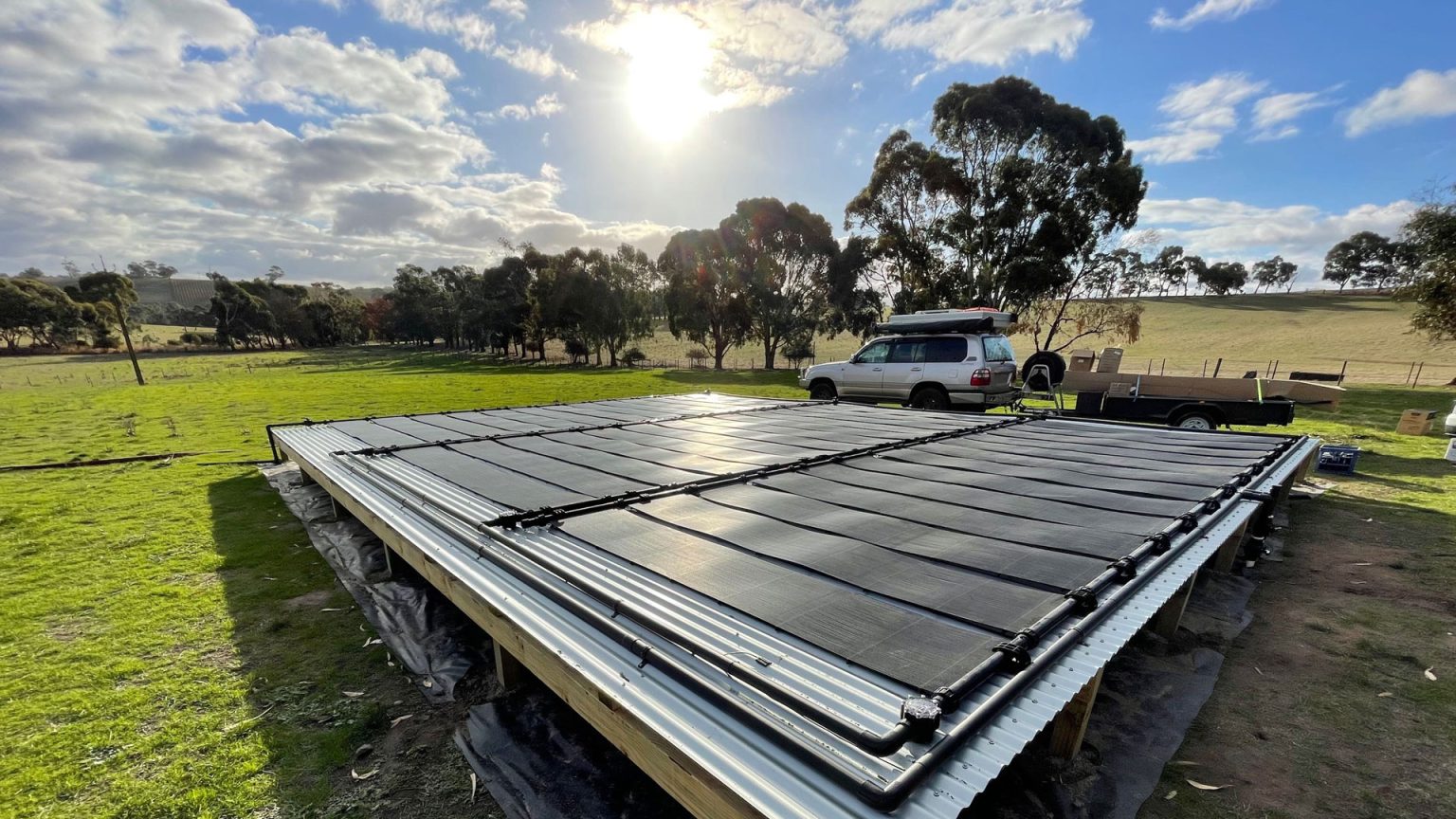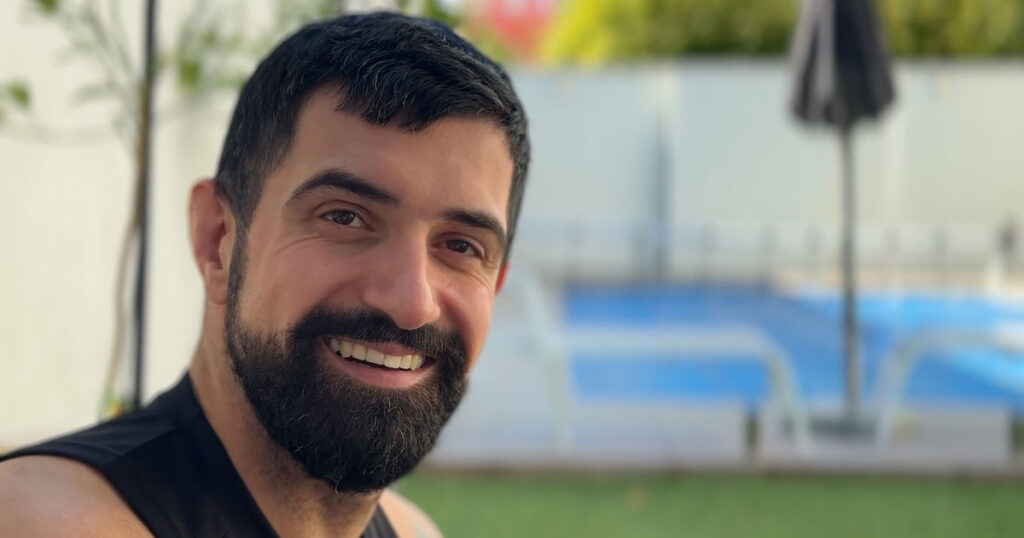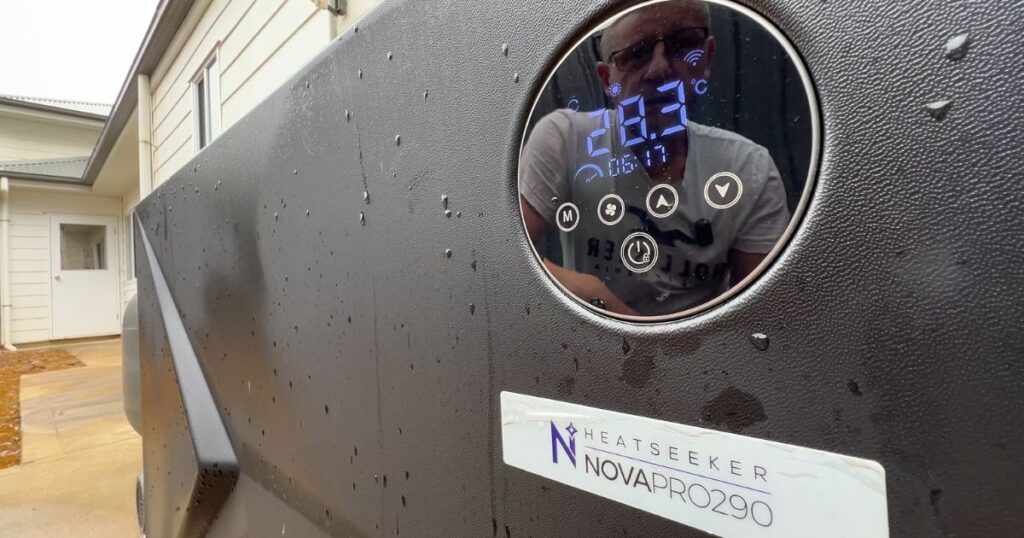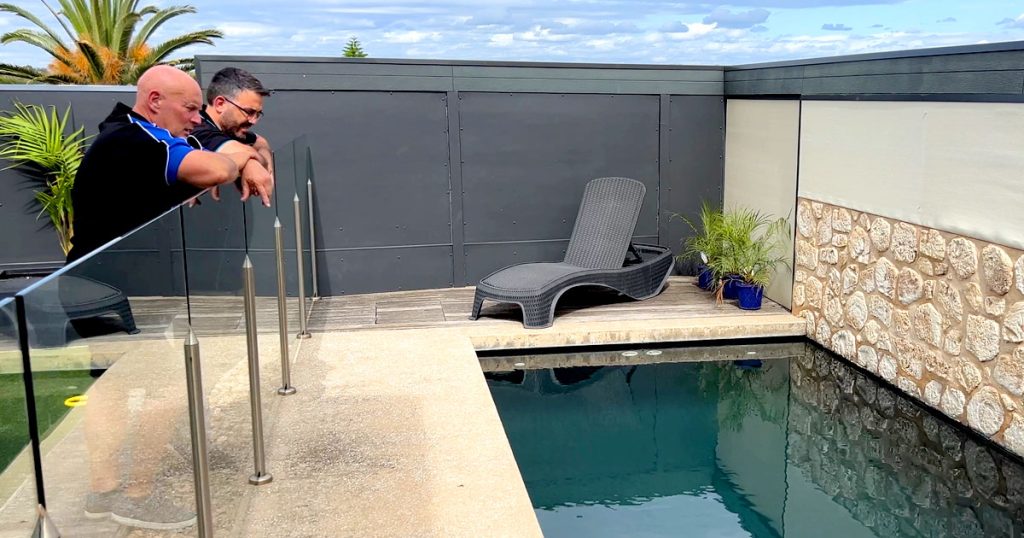
You want your pool at the right temperature during your swim season but is there a blanket rule for heating a pool using electric vs solar vs gas?
The short answer is yes, there is a blanket rule to cover them all but there are also some deeper questions lying beneath the surface that we must address.
So let’s start at the bottom and work our way to the top.
Define your personal swimming season
You have your pool 365 days a year but do you want to swim in it all year round?
This is the most fundamental question to answer because if you’re happy to only use your pool during the summer holiday season, a powerful, fast-working heating system will suit you best, no matter its running costs because you’ll only be using it in short bursts.
However, if you want to maintain a constant pool temperature over many months, then something economical to run would make most sense, even if it is slower to reach the ideal heat level in the first place, because you’ll keep it engaged for the long haul.
Of course, having the right pool temperature is one thing, but if your pool is outside, you also need to take into account your exposure to the elements when getting in and out of the pool. If you want to swim all year round but can’t stand being outside when a chill wind is blowing, it’s probably best to aim for a shorter swim season that dodges the most extreme months of winter.
Let’s look at the three most common pool heating options, one at a time to help you decide between electric vs solar vs gas.
Gas pool heating options
There’s no doubt that gas pool heating is the fastest way to heat your pool.
Nothing quite beats the heat transfer from the naked flame of natural gas when it comes to getting your pool ready in a hurry.
If you don’t have a defined swimming season but you want to use your pool spontaneously throughout the year, gas heating would be a good fit.
That said, gas is the most costly heating source for a swimming pool. When you consider the cost of running your pool’s gas heater, though, a higher cost in short bursts throughout the year still might be cheaper overall if you need heating on relatively few occasions.
We had a client in Findon who spent a lot of time travelling for work.
On summer days when he wanted to swim, he found the pool was warm enough with the natural elements.
However, there were odd occasions where the temperature had dipped and the pool temperature had dropped considerably.
Installing a gas heater allowed him to achieve the instant swimming conditions he craved. And he’d repeat this burst of pool heating, month in, month out.
For this client, it was gas that won the battle between electric vs solar vs gas.
Gas heaters work hard when they’re used and tend to have a working life of about 10 years, so that needs to be factored into your decision making.
Solar pool heating options
Solar pool heating is not as fast as gas heating but when sized appropriately, is a lot faster than electric heat pumps with the added benefit that its fuel source is the sun.
And the variety of solar pool heating solutions is growing!
The technology we now have available is astounding. For example, in the past, solar pool heating was simply the strip rubber system in which dark tubing was run across roofs to heat water.
Nowadays, rigid pvc panels are being used as solutions to minimise damage to solar pool heating from rodents, pests and even hailstorms.
There are also highly advanced PV panels (Photovoltaic) that not only heat your pool but also supply electricity to your house/grid while resisting damage from pests and natural elements.
In the electric vs solar vs gas debate, it’s worth noting that solar pool heating is an area of ongoing development and research and the smart technology is going to be a space to watch from now on.
Unlike the other two methods of pool heating, once you’ve installed your solar pool heating system, there are minimal ongoing fuel costs while the sun is shining. This green aspect makes solar pool heating one of the most popular here in Adelaide because, apart from our winters, solar pool heating can help us extend our swim season from September through to Easter.
Typically, our solar pool heating systems tend to raise water temperatures between five and 15 degrees higher than outdoor temperatures, which means they might not be quite as hot as you’re expecting in the peak of winter, but your water will be warmer than the air temperature.
In real estate, they say location is everything, and we think that should also apply to solar pool heating.
For example, we were called out to a house in Uleybury where a poorly installed solar pool heating system was struggling to get the indoor pool to the temperature level the owners were expecting.
Given that the owners did not want to use a solar pool blanket (which we always highly recommend because they reduce heat loss and preserve the life of your chemicals), we came up with a two part solution.
The first was to make the decision to stick with solar pool heating. Because of their unhappiness with the current system, they were keen to explore gas or electric pool heating, but the lack of a blanket prompted us to urge them to try again with solar because of the lower running costs.
The second part of the decision was about where the solar pool heating system was installed. We identified that the current location was limiting the size and effectiveness, whereas their shed roof gave us space for doubling their solar pool heating system, even though it was 40 metres away from their pool and spa.
The result was a 40 degree spa (in 38 minutes), and a pool at 30 degrees in the same day, which just goes to show that sometimes the best solution involves a good dose of creative thinking and science all in one.
If you do want to have year round comfort in your pool, then it can be wise to have us install a gas or electric system to cover the darkest, coldest months of the year. Although, and I’m going to sound like a broken record, a solar blanket can be your friend in this situation; read more below.
Another major benefit of a solar pool heating system is that they’re low maintenance. Once they’re in, they work reliably and regularly achieve life spans of more than 20 years.
Electric powered inverter pool heat pumps
Electric pool heat pumps are the ideal choice if you want to use your pool all year round.
They don’t have the heating speed of a gas pool heating system but they are cheaper to run if you want to have complete control of pool temperatures through all four seasons.
Where electric pool heating sometimes gets a bad name, is where people have not been using them correctly.
For example, on a site visit to Lonsdale, we were called to help with a new inverter heat pump for a client who had an existing heat pump.
They explained that it took far to long to get the pool temperature up to 29 degrees.
The heater was installed via the filtration system which controlled the water pump.
The pool was set to filter for four hours at a time, twice a day.
Therefore, the pool had 8 hours of heating but 16 hours of cooling per day.
This is not the right approach for using your electric inverter pool heat pump.
If you allow excessive drops in pool temperature, your inverter will need to work harder for longer to recover its loss.
And the colder the ambient temperature, such as in the middle of winter, the quicker the loss.
So the smart way to get the most from your electric inverter pool heat pump is to have it running constantly, to maintain heat in the pool. This uses less power because the system only has “light duties”; it’s not having to do ongoing bursts of hard work to heat thousands of litres of water.
Any of our installers at Adelaide Pool Heating will not only help you choose the right system, they will teach you how to use it in the most efficient way. If you follow these guidelines you’ll easily get a 10-year life span out of your electric pool heat pump.
As an aside, I mentioned the technological breakthroughs underway with solar pool heating, this doesn’t mean things a dormant with electric pool heating pump technology. Just like increased electric car buying can overshadow the fact that our petrol-based cars are now more efficient then ever, so, too, electric pool heating is getting smarter, and with more green energy in our grid, it can be a win-win for the environment.
Electric vs solar vs gas: What is the blanket rule for the best pool heating?
My biggest tip when it comes to heating your pool is to buy a solar insulating pool blanket. This is my blanket rule for pool heating.
No matter which option you choose between electric vs solar vs gas for your pool heating, the bubbles in our insulating blankets dramatically reduce running costs of heaters because your pool has much less heat loss when it’s not being used.
This even applies to commercial swimming pool users, such as swimming centres and outdoor pools.
Due the scale of these operations, they not only have more roof space for solar pool heating and other technology, they also have more surface area to cover, meaning the use of pool covers can lead to great savings due to the increased potential for heat loss they face each day.
As you can see, the choice of pool heating technology comes down to your lifestyle and your personal preferences for your family’s swim season.
If you’re not quite ready to take the plunge yet, dip your toes into the topic by making an enquiry with us today. We want you to make the best choice for your lifestyle, your swimming needs, and your budget, so we’ll share our expertise with you to keep your thinking in the smart lane.
Related Posts
Are you dreaming of a pool that’s always ready, no matter the season or time of day? Imagine being able to take a refreshing dip..
Imagine transforming your pool into a warm, inviting oasis throughout the Adelaide Hills’ cooler months, in a way that is energy efficient and doesn’t disturb..
You can’t have your cake and eat it too, but with Dualsun technology you can now heat your pool while making electricity. In the world..


